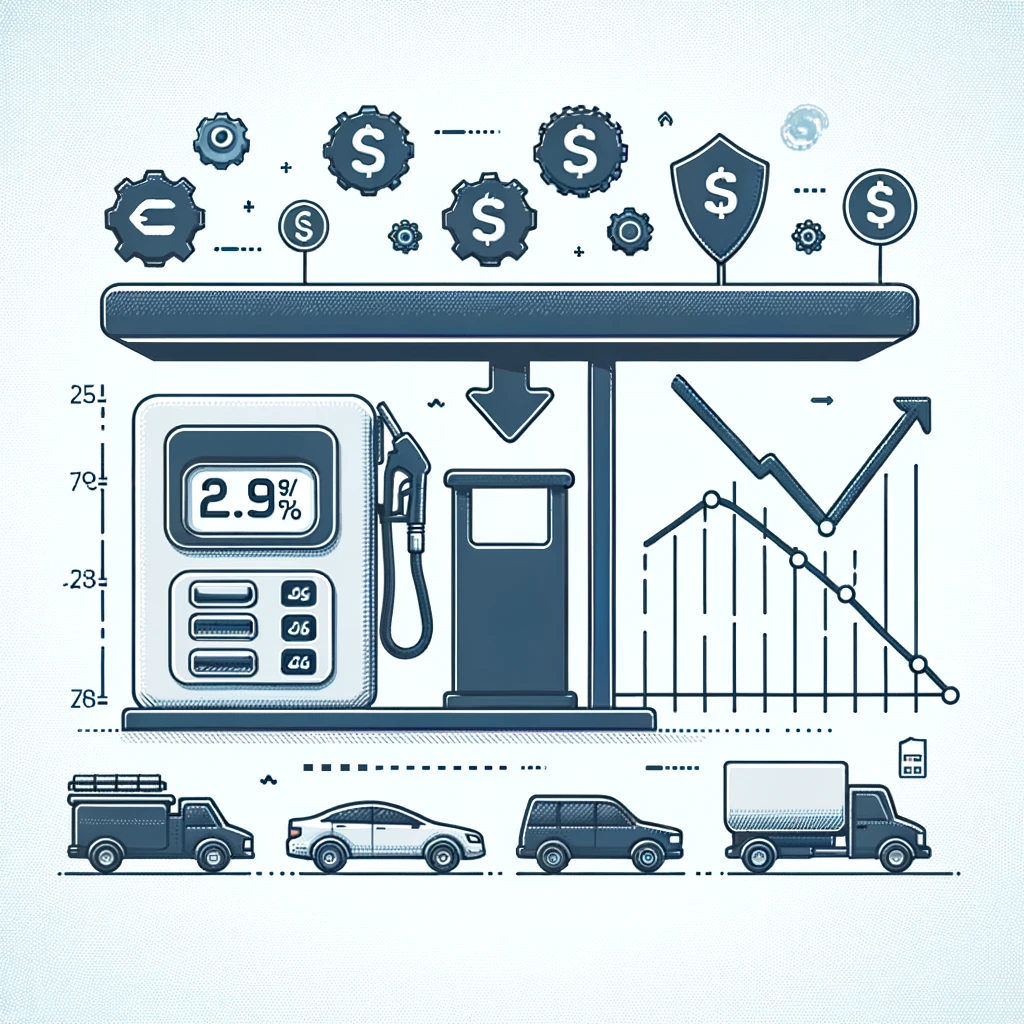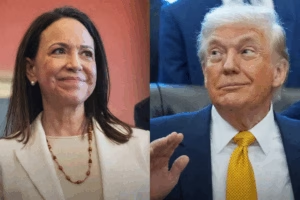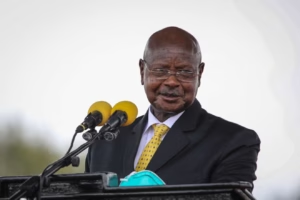Motorists will experience some relief at the pumps today as fuel prices are set to decrease.
According to a statement released by the Department of Mineral Resources and Energy (DMRE), the price of both grades of petrol will drop by R1.24 per litre, while the cost of diesel falls by between R1.08 (50ppm) and R1.18 (500ppm).
New Fuel Prices
This price adjustment means that 95 Unleaded petrol will now cost R23.46 per litre at the coast and R24.25 per litre in the inland regions, where 93 Unleaded petrol will retail for R23.91 per litre.
| Fuel Type | Coastal Price | Inland Price | Price Reduction | Percentage Cut |
|---|---|---|---|---|
| 95 Unleaded | 23.46 | 24.25 | 1.24 | 5.02% |
| 93 Unleaded | N/A | 23.91 | 1.24 | 4.93% |
| 50ppm Diesel | 20.40 | 21.16 | 1.08 | 5.02% |
| 500ppm Diesel | N/A | N/A | 1.18 | 5.45% |
For a 30-litre tank of petrol in a smaller car, this translates to a saving of R37.20 compared to last month. A 50-litre refuel in a medium-sized vehicle will save motorists R62.
The wholesale price of 50ppm diesel is now set at R20.40 per litre at the coast and R21.16 per litre inland. It is important to note that unregulated retail prices will be more than R2 higher.
For those driving a bakkie or a larger SUV, a 70-litre refuel will now cost R75.60 less than it did in May.
Factors Influencing the Price Cut
The significant decrease in fuel prices can be attributed primarily to lower international oil prices during May, resulting in an over-recovery of 76 cents per litre for petrol. The stronger rand contributed an additional 30 cents to the favourable fuel price equation, while a reduced Slate Levy added a further 18 cents. This combination led to larger-than-expected decreases across the board.
The Automobile Association welcomed the latest price decreases but emphasized the need for the government to review the fuel pricing mechanism. They stated:
“The government should review the fuel pricing mechanism to determine if there are any factors that can be permanently revised to mitigate against further fuel price shocks in the future.”
As South Africans enjoy the temporary relief at the pumps, the call for a sustainable solution to fuel price volatility remains critical.

















